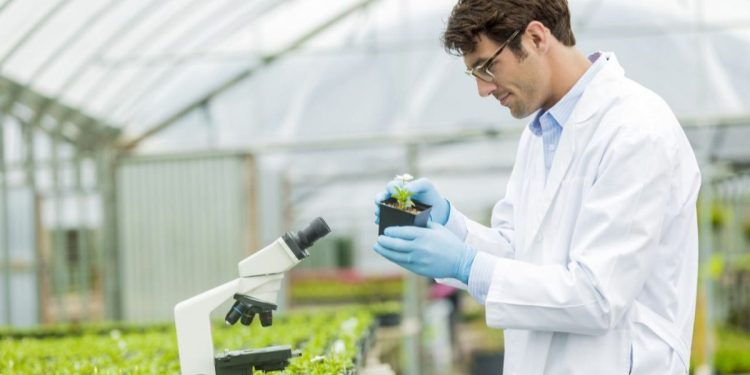#potato #abioticstress #drought #heat #salinity #tolerance #breeding #irrigation #fertilization #biostimulants #biocontrol #interdisciplinaryresearch #sustainableagriculture
Potatoes are one of the most important crops in the world, providing food and income for millions of people. However, they are also vulnerable to various abiotic stresses, such as drought, heat, and salinity, which can significantly reduce their yield and quality. In this article, we will explore the latest research findings on potato tolerance to single and combined abiotic stresses.
According to a recent study published in the journal Frontiers in Plant Science, potato plants have a remarkable ability to adapt to different abiotic stresses, thanks to their complex molecular and physiological mechanisms. For example, when exposed to drought, potato plants can activate various stress-responsive genes and pathways, such as ABA signaling, osmotic adjustment, and antioxidant defense. Similarly, when exposed to heat, potato plants can regulate their photosynthesis, respiration, and membrane stability to maintain their growth and development.
However, the study also found that the tolerance of potato plants to abiotic stresses can be influenced by various factors, such as the type, intensity, and duration of the stress, as well as the developmental stage and genetic background of the plant. Moreover, the study highlighted the importance of studying the combined effects of different abiotic stresses, which are often more detrimental than single stresses.
To address these challenges, the study proposed several strategies to enhance the tolerance of potato plants to abiotic stresses, such as breeding for stress-tolerant varieties, improving the management of irrigation and fertilization, and using biostimulants and biocontrol agents. The study also emphasized the need for interdisciplinary and collaborative research to better understand the complex interactions between potato plants and their environment.
The latest research findings on potato tolerance to single and combined abiotic stresses provide valuable insights for farmers, agronomists, agricultural engineers, farm owners, and scientists who work in agriculture. By applying these findings, we can improve the resilience and productivity of potato crops, and contribute to the sustainable development of agriculture.







